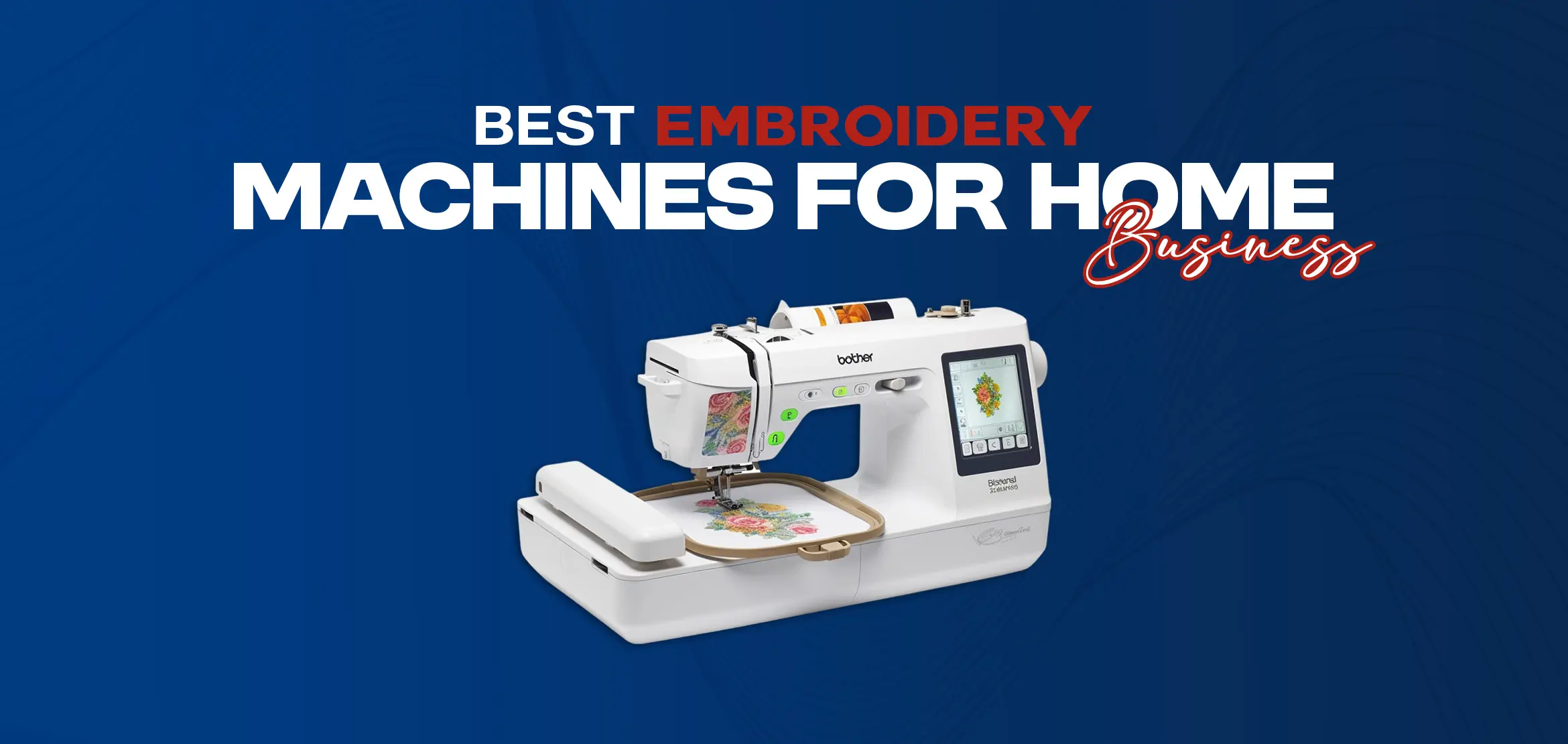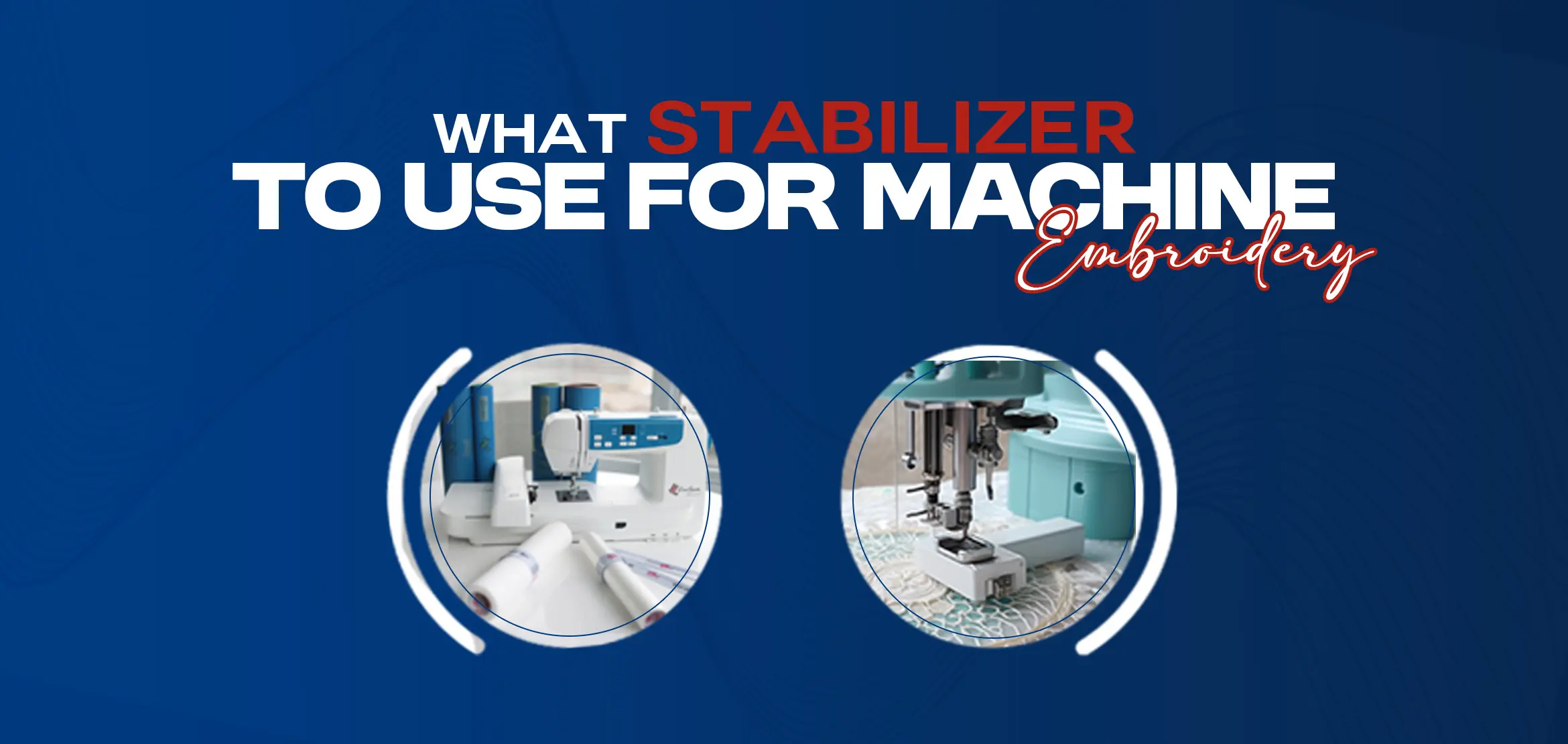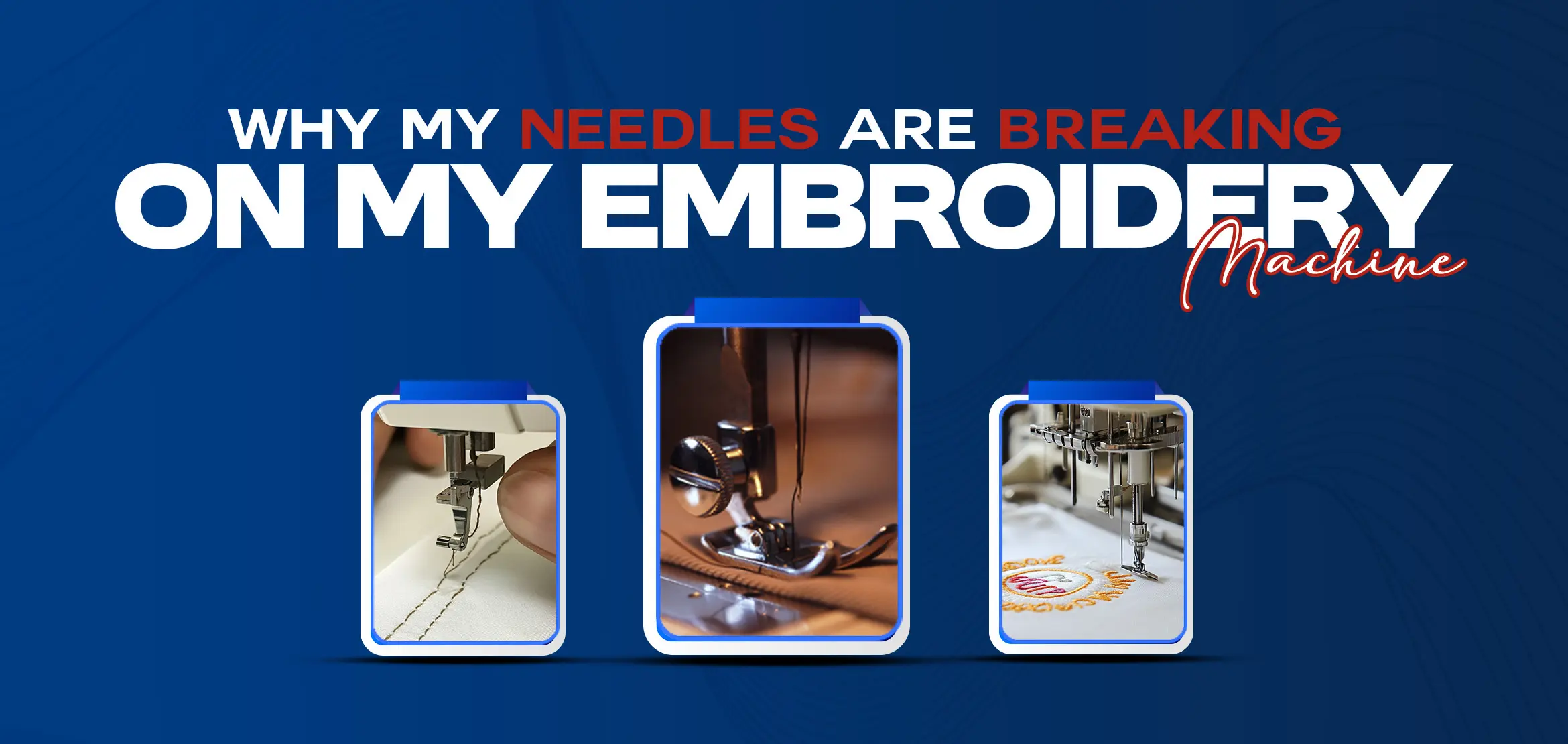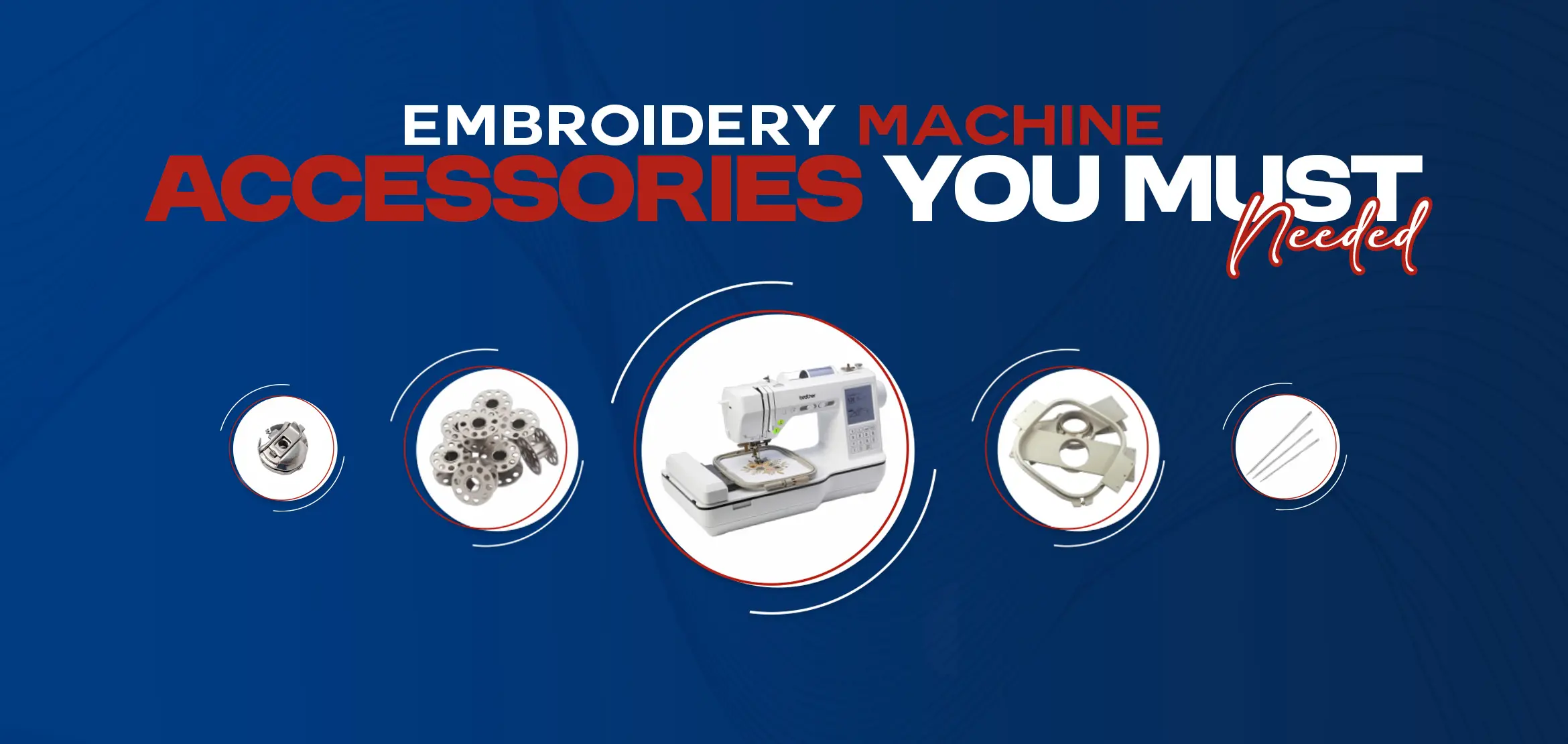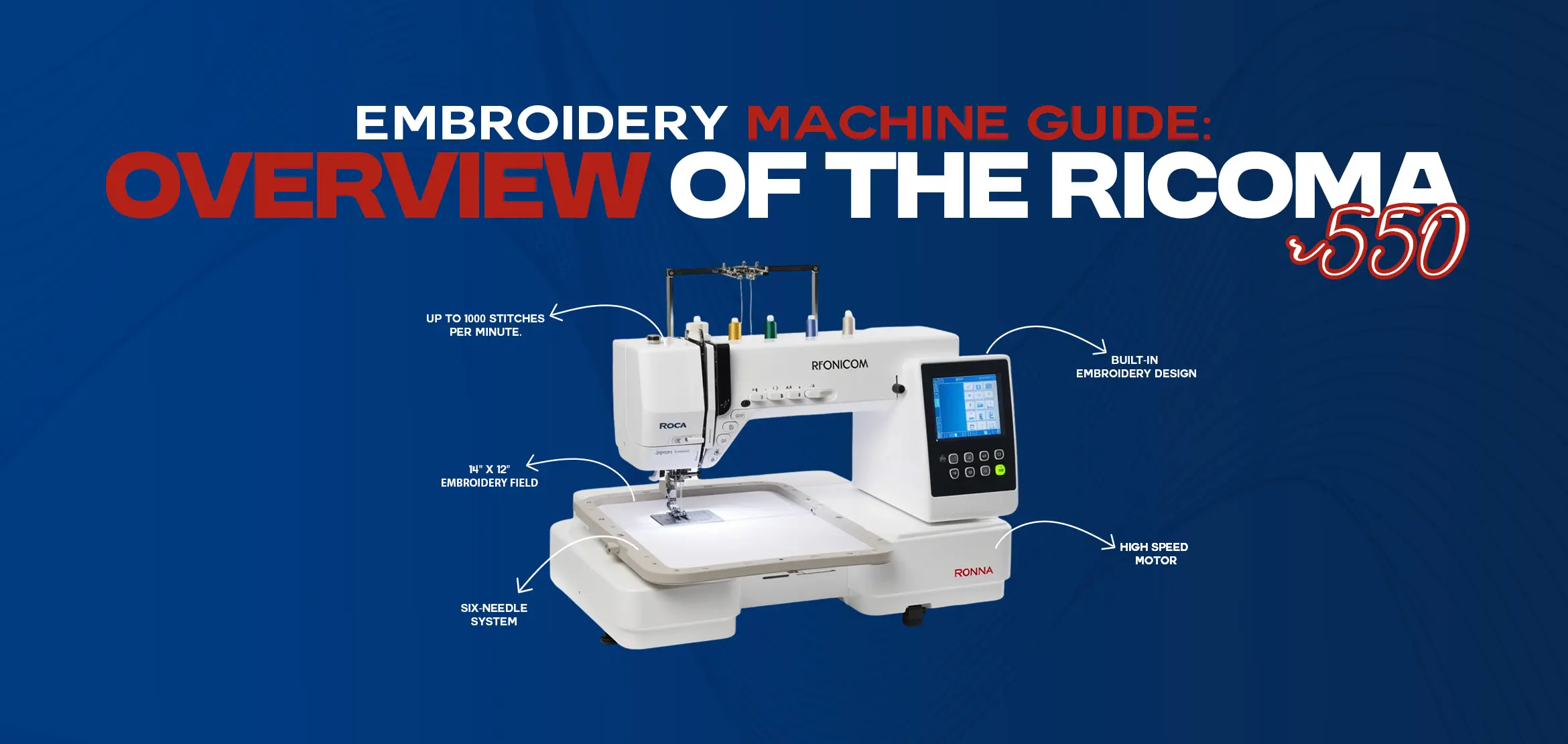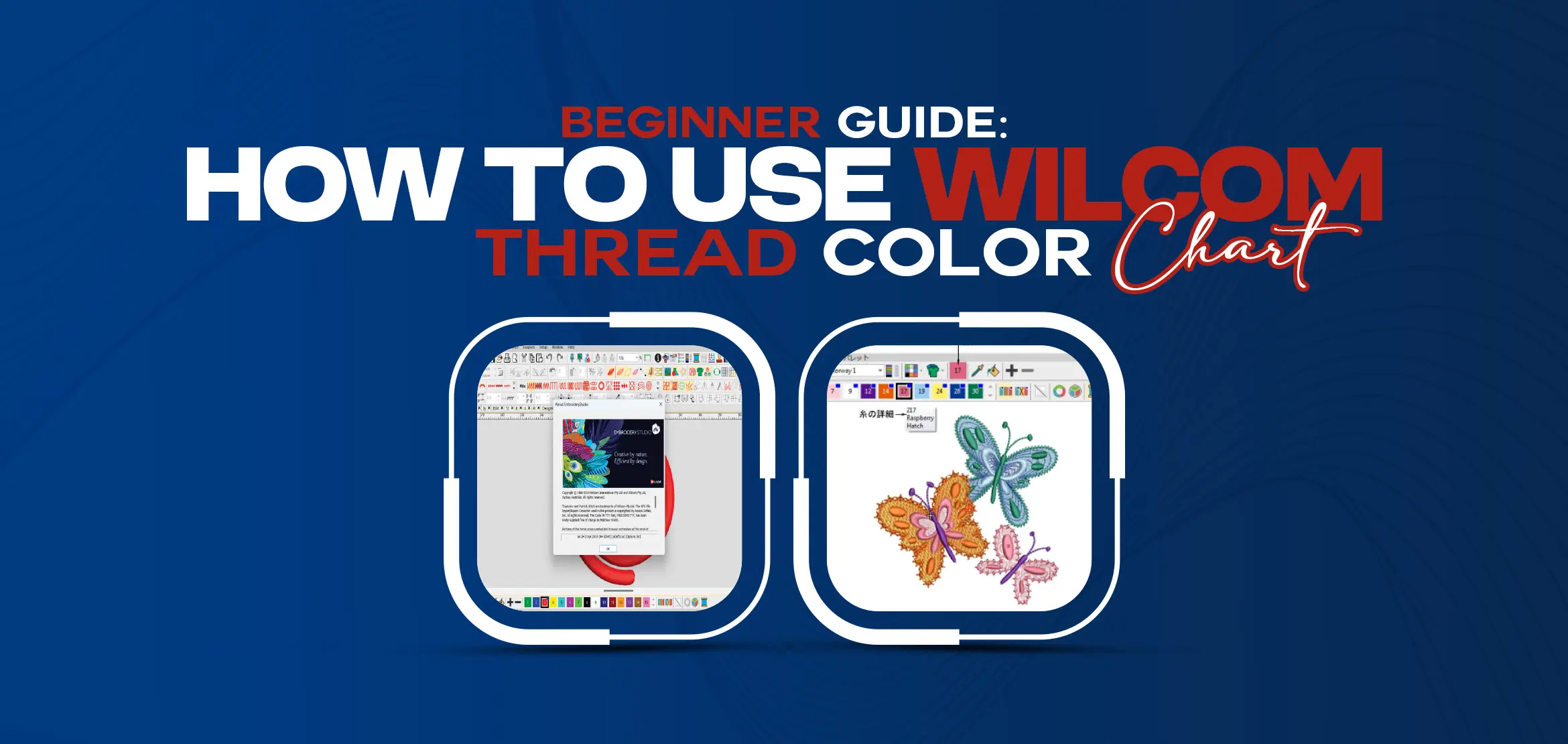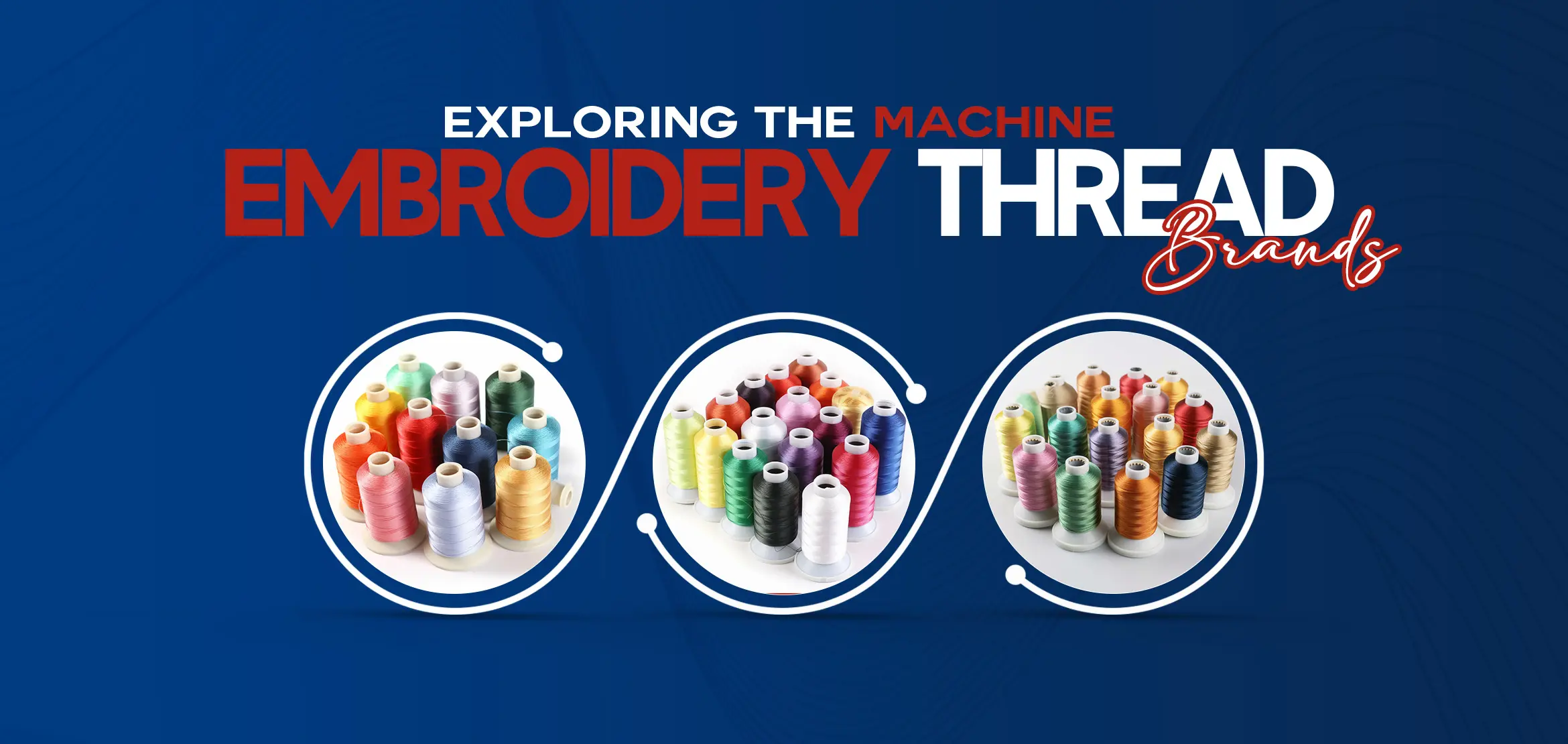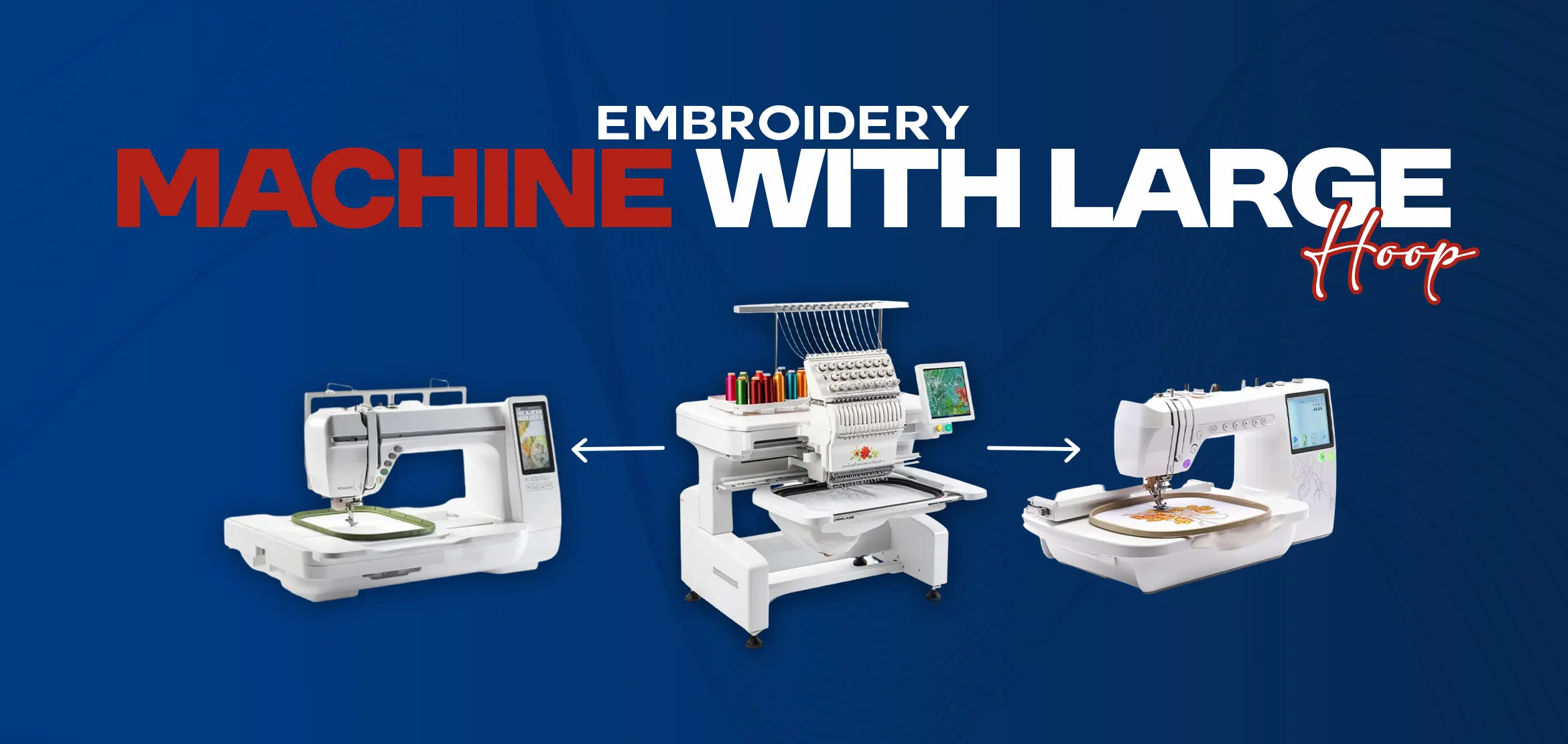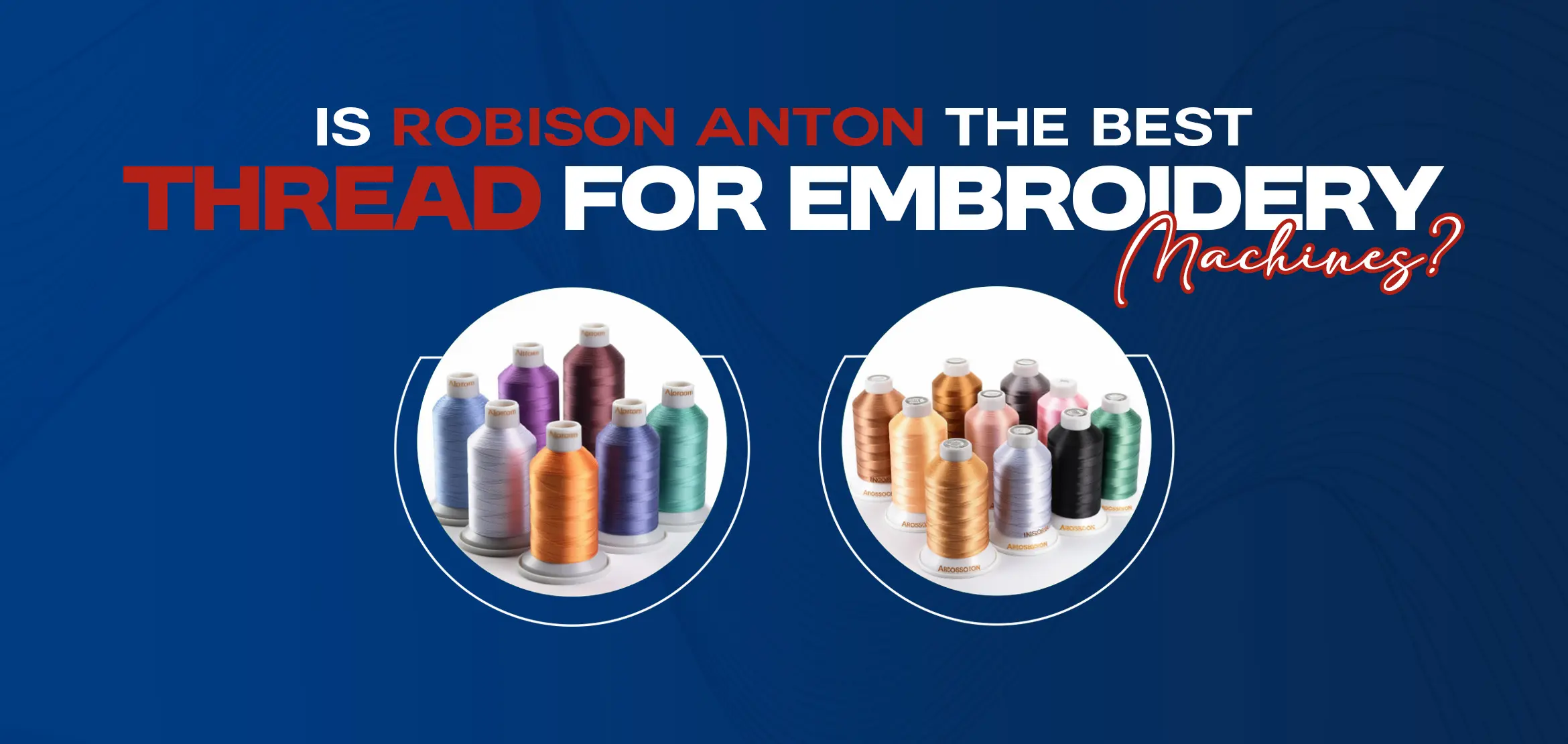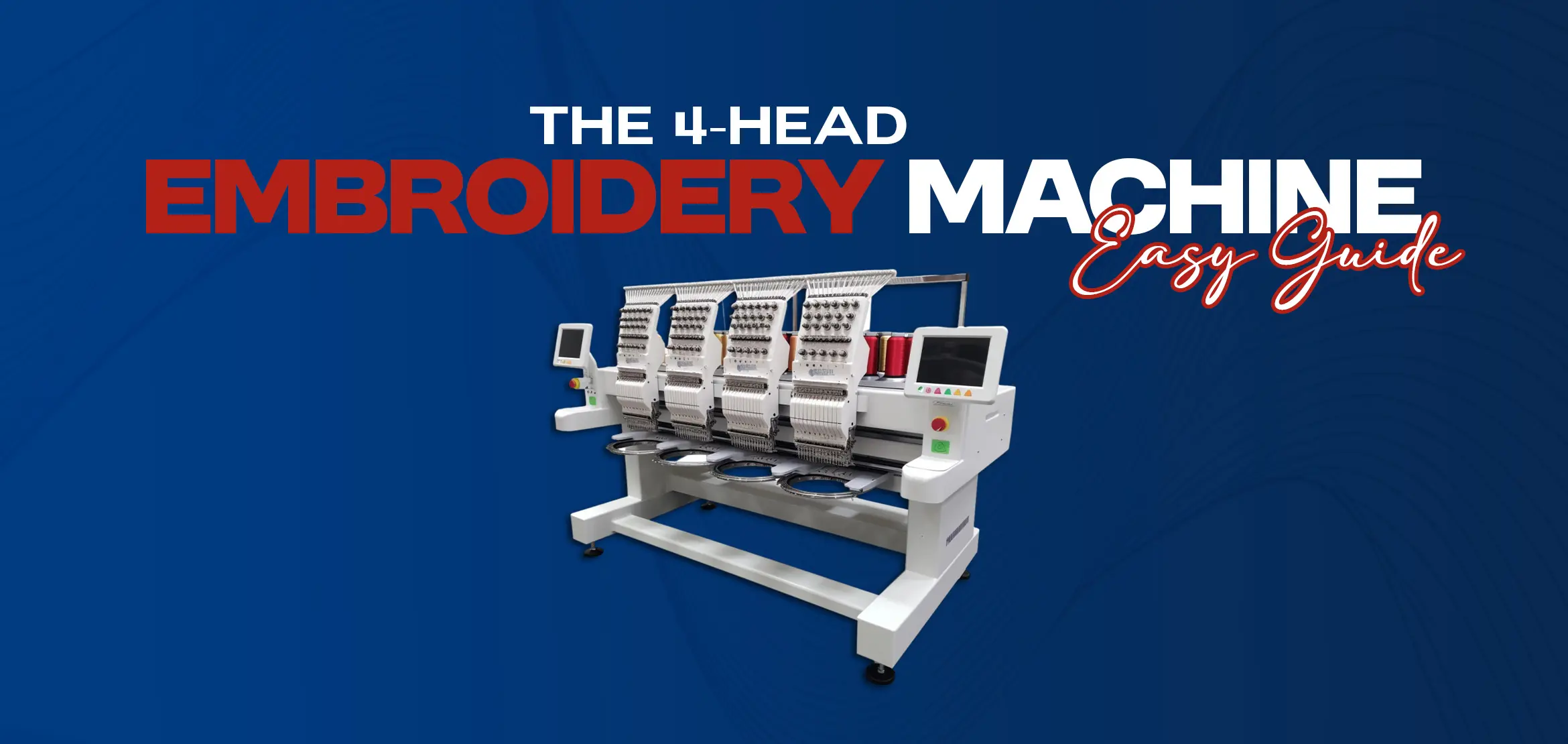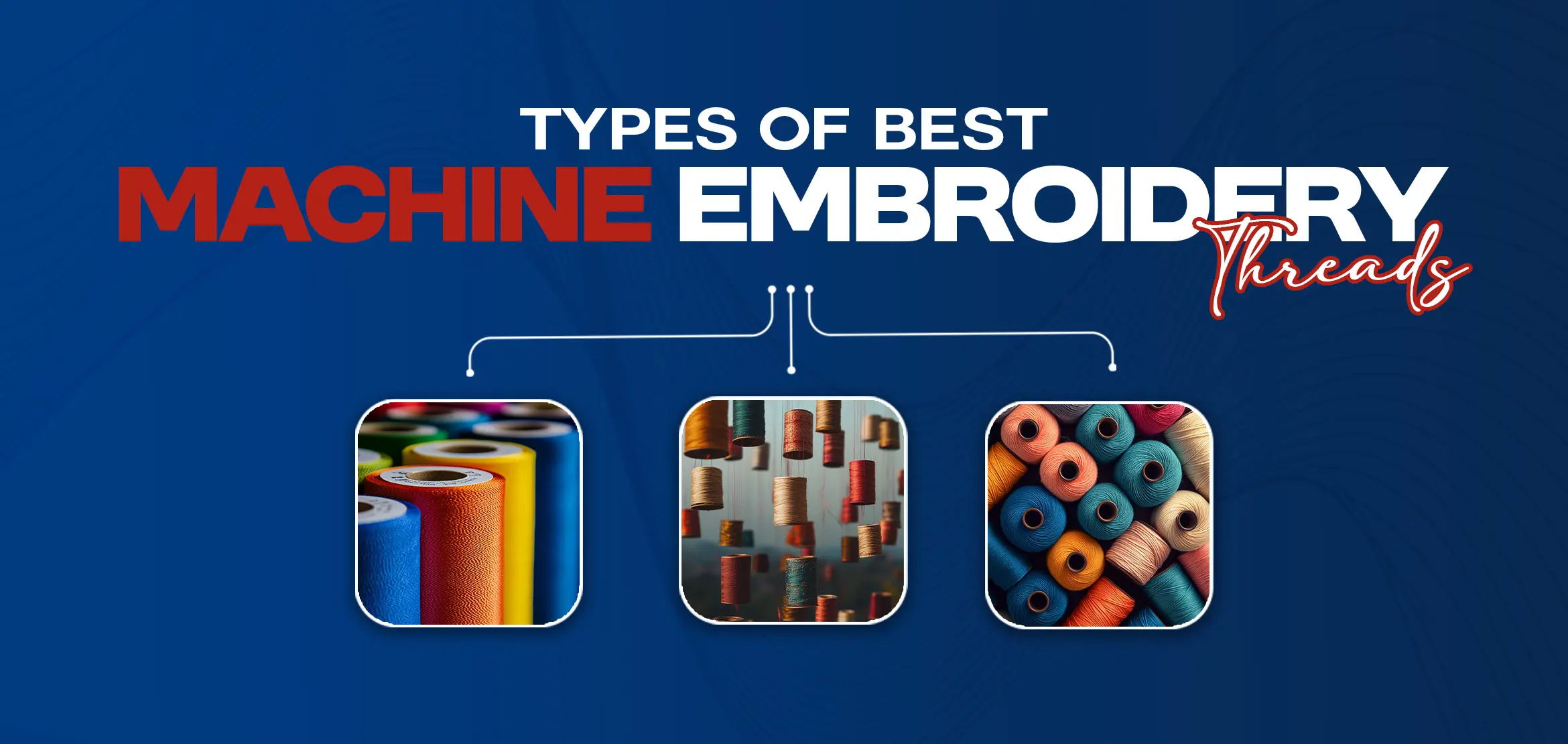
TYPES OF BEST MACHINE EMBROIDERY THREADS
Table Of Content
If you use the right supplies, embroidery can be a lot of fun. As experienced embroiderers are aware, there are numerous threads to choose from, which can be overwhelming to a beginner. This guide will assist you in selecting the best embroidery thread for your machine and will describe the various types available. If you are new to the embroidery business, the most common question you may have is how to choose the right thread for embroidery.
The first thing to think about is the machine and fabric stabilizer you'll be using. Choose an embroidery thread designed for hand stitching or decorative machine embroidery if you use a hoop. The size and type of embroidery will be important factors in determining which thread to use. When embroidering with a sewing machine, cotton thread is preferable because it does not break easily. Wool threads, which are stronger and more durable than cotton threads, can also be used for this purpose.
Polyester Thread
Because it is a very bright and synthetic thread on the market, most customers prefer embroidery polyester thread. These threads are better suited for machine embroidery because they are bleach-resistant and difficult to fade. They are strong because they are made up of numerous strands.
The triangular shape is retained to make them appear more gleaming and brilliant than rayon threads. Polyester threads are commonly used for children's clothing and products because they are durable and made entirely of polyester. These threads are easy to use, especially for beginners.
Rayon Thread
Because of its high and shiny shine and beautiful hues, most embroiders rely on embroidery rayon thread. These are the most commonly used embroidery threads for both hand and machine embroidery, and they are entirely made of viscose rayon. Rayon is the most widely used fabric because of its vibrant colors, durability, low cost, and adaptability. Rayon is available in a variety of sizes and is ideal for machine embroidery push and pull. Rayon is available in two weights: regular (40wt) and thicker (60wt) (30wt).
Cotton Thread
Embroidery Cotton threads are the most natural and delicate for cross-stitch, redwork, quilting, and bean stitch patterns. These threads are not as popular as polyester and rayon threads due to their delicate and slightly brittle feel. Instead, these are excellent machine embroidery threads. These
threads are considered high-quality and fine because they always provide a pleasing and tidy appearance when stitched. They are frequently seen dressed in traditional attire, primarily Egyptian clothing. These threads are gentle on the delicate fibers and enhance their appearance. For machine embroidery, cotton threads in the 40wt to 50wt range are commonly used.
Silk Thread
For machine embroidery, silk thread is the most lustrous. These threads are commonly used in elegant and opulent gowns and are considered to be expensive on the market. Filament embroidery silk threads are composed of multiple twisted strands. It is simply an excellent dye absorber and is known as a thread aristocrat.
These threads are extremely stable because they do not break when embroidering on clothing. It's an elastic, sturdy, robust, and delicate thread. These threads are great for tailoring, decorating, and finishing buttonhole edges. Silk threads come in a variety of weights, but the 30wt and 50wt are considered the best for machine embroidery.
Wool Thread
Wool embroidery thread is not commonly used for machine embroidery, despite the fact that it is widely used in many countries for traditional garments. It is slightly thicker than other thread embroidery and is made from materials obtained from sheep and rams. Wool thread is used to make scenery, canvas, and decorations. It is used for embroidery on home décor items such as pillows, curtains, wall art, and so on.
Metallic Thread
Metallic thread adds a unique look and feel to your machine embroidery designs. If you use the right needle, you'll get a clever, professional look. To make threading easier, use a needle with a large eye hole. Because metallic thread is prone to breaking, use a needle with a large eye hole to keep it from shredding or breaking. Working with it can be difficult, especially if you are a beginner. This type of thread, once again, should be used with high-quality digital patterns.
Bottom Line:
The correct thread must be used for the embroidery machine to function properly. It is not only about the thread type, but also about how you select it. Polyester or cotton thread is the best embroidery thread to use when sewing with an embroidery machine. If you want a different look or texture, try using wool or silk threads for embroidery
